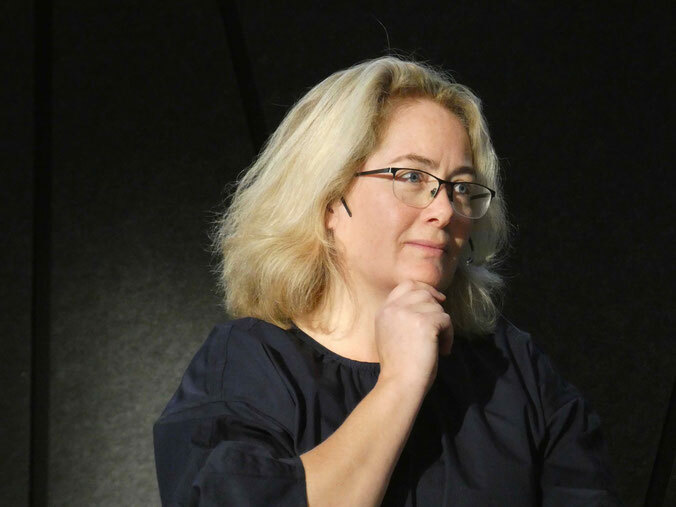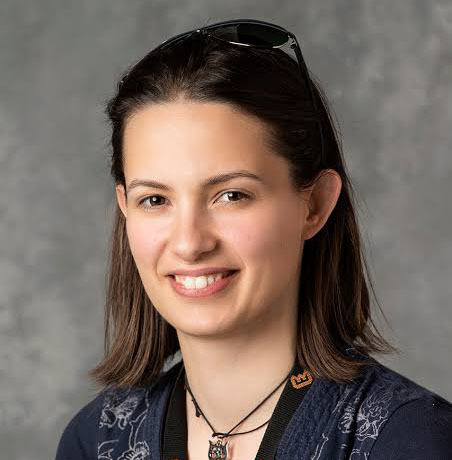Expert Panel:
We are pleased to have a diverse panel of experts to discuss the challenges and opportunities of empathy in design:

Wina Smeenk
Professor Societal Impact at Inholland University of Applied Sciences
Wina Smeenk graduated from Delft University of Technology, where she studied Industrial Design and specialisedin human/user-centred design. She then spent more than 10 years working as an innovation strategist and designer for a variety of international businesses in many different sectors. She also co-developed innovative design-oriented educational programmes for the Universities of Applied sciences inholland, HAN, HvA, THNK, the Amsterdam School of Creative Leadership and the Faculty of Industrial Design at Eindhoven University of Technology. Since 2010, Wina runs her own empathic co-design firm, named ‘Wien’s Ontwerperschap’. In 2019, she defended her PhD thesis ‘Navigating empathy, empathic formation in co-design processes’ based on her own work in practice. Since 2021, Wina is appointed as a Professor in Societal Impact Design at Inholland University of Applied Sciences. Moreover, in 2022 she founded the Expertisenetwork Systemic Co-design (www.systemischcodesign.nl), a collaboration of four applied universities in the Netherlands

Lucie Flek
Professor at University of Bonn
Professor Dr. Lucie Flek conducts research at the University of Bonn and University of Marburg, leading the research group on Conversational AI and Social Analytics (CAISA). Her research combines insights from the fields of machine learning, natural language processing, computational social sciences, and human-machine interaction. The focus of her current investigations is the development of machine learning systems with the incorporating the individual language use of different people and sociodemographic groups. In this way, Professor Flek hopes to make personalized AI systems useful to a wide audience. In her earlier academic work at TU Darmstadt, Positive Psychology Center at University of Pennsylvania, and University College London, she has been focusing on psychological and social applications of stylistic variation insights. She has served as Area Chair for Computational Social Sciences at multiple ACL* conferences and organizes related workshops. Previously, she has worked on data science at the European Organization for Nuclear Research (CERN), Google, and Amazon Alexa AI.

Alexander Mädche
Professor at Karlsruhe Institute of Technology
Alexander Maedche is a professor of Information Systems at the Karlsruhe Institute of Technology (KIT) in Germany. He is heading the human-centered systems lab (h-lab) researching at the intersection of information systems and human-computer interaction the design of human-centered systems for better work and life. In his research he leverages artificial intelligence (AI) and biosignal sensor technologies to design conversational systems, user-adaptive systems, interactive business intelligence & analytics systems as well as human-in-the-loop systems. He is a founding member of the non-profit association Usability & UX in Germany e.V.

Giulia Barbareschi
Disability, Innovation, and Assistive Technology Researcher, UCL.
Giulia Barbareschi is a Research Fellow in Disability and Assistive Technology Innovation at the Keio School of Media Design in Yokohama and an honorary lecturer at the Global Disability Innovation Hub and the UCL Interaction Centre in London. Throughout her career, Giulia has collaborated with several academic institutions across the world, start-ups and private ventures, NGOs, DPOs and UN agencies. Her research interest center on the design, development and evaluation of new and existing technologies to empower people with disabilities living in different parts of the world.

Cynthia Bennett
Senior Research Scientist in Google's People + AI Research group.
Dr. Cynthia (Cindy) Bennett is a Senior Research Scientist in Google’s Responsible AI and Human-Centered Technology organization. Her research concerns the intersection of AI ethics and disability. Bennett is regularly invited to speak about her research; recent hosts include Stanford University’s Center for Spatial and Textual Analysis (2022) and Apple’s Worldwide Developers Conference (2021). Previously, Bennett has worked at Carnegie Mellon University, Apple, and the University of Washington. Her work has received grant funding from Microsoft Research and the National Science Foundation, and eight of her peer reviewed publications have received awards. Bennett is a disabled woman scholar working in the tech and academic sectors, and she regularly volunteers to continue raising participation of people systemically excluded from STEM. She welcomes people to check out her website at bennettc.com, and to follow her Twitter handle, @clb5590.

Reem Talhouk
Northumbria University.
Reem Talhouk is an Assistant Professor in Design & Global Development at Northumbria University where she is also the Community Action & Innovation lead for the Global Development Futures Interdisciplinary Research Theme and a co-lead of the Design Feminisms Research Group. Her research is at the intersection of Humanitarianism, Global Development and HCI and engages with Feminist, Decolonial and Participatory Design theories and praxis. Her work interrogates the ways through which we go about in engaging in technological design and in turn how such designs influence the ways in which we engage with one another and with our worlds. She has conducted research in the ‘Middle East’, Europe and ‘Australia’ focusing on technologies, migration and revolution.
 EmpathiCH
EmpathiCH